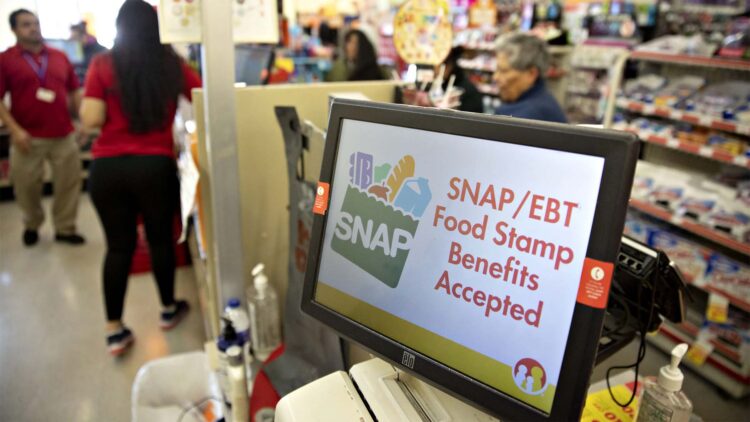SNAP (Supplemental Nutrition Assistance Program) beneficiaries are looking at a scary scenario. Why? On October 10, the U.S. Department of Agriculture (USDA) warned state agencies that full payments could be delayed next month if the problem went on.
SNAP, which pays benefits to nearly 42 million people every month, was able to handle October because states were given funding before to the US government shutdown beginning on October 1. But, the margin is gone.
The problem is deeply involved in national politics, and no answer is clear yet. Democrats and Republicans are debating it in the US Congress while people around the country are closely monitoring the whole situation.
Pressure on Safety Nets
SNAP distributes funds to states on a monthly basis to millions of people, so a shutdown makes the timeline extremely tight. A number of states are even looking at possible suspensions in November, which is an interruption that has never happened before during shutdowns. People are suggesting families to stretch any leftover funds by buying food that is not perishable.
Arkansas officials are advising that “If you have accrued SNAP benefits from previous months on your account, use those funds now to buy shelf-stable foods that can last through November and beyond.”
Food banks claim they are unable to fill such a large gap. “There’s no way that our charitable food network or the system in this country can provide that much food overnight or quickly. It’s an impossible task,” said Catherine D’Amato of the Greater Boston Food Bank. People are already calling her team to ask where they can feed their families.
According to D’Amato, a SNAP suspension in Massachusetts alone might end up in up to 56 million meals going wasted in November. The United States Department of Agriculture (USDA) used tax revenue earlier this month to set aside $300 million to maintain the WIC program, but many states are concerned that funding will be gone by the end of October.
Household reality and what the States say
Certain indications make the risks clear. “starting October 16, SNAP benefits will not be paid until the federal government shutdown ends and funds are released to PA.” Pennsylvania declared on October 16. Texas stated that if the impasse lasts past October 27, benefits for the following month won’t be paid.
Letters from Wisconsin warned that “Benefits may not be available in November. This may include any funds remaining on your card at the end of October. You may want to use your benefits to stock up on food before the end of October.” The state treasurers of Massachusetts and Oregon stated during a press conference that there are no backup plans to completely replace federal SNAP funding. The entire cost cannot be covered by state budgets.
These administrative markers influence household choices regarding vegetables, cereal, milk, and eggs. For many families, WIC and SNAP are their only source of income, and both programs rely on preloaded electronic cards. Because of this, Elizabeth Steiner’s statement resonated: “At a time when the cost of groceries continues to go up, SNAP makes the difference between having enough and going hungry.” She added that “up until now, every administration, Republican or Democrat, has understood that feeding Americans is a fundamental responsibility of the federal government.”
The human image is just as straightforward. “I’m worried about 16 million kids going home after school or being at home with their caregiver, and there’s no lunch and there’s no dinner,” Christy Gleason of Save the Children stated. “It may well be that a parent or a guardian is going without so that the kid can [eat].”
What’s going to happen now?
If the shutdown ends, SNAP and WIC can continue as usual; otherwise, states like Pennsylvania, Texas, Wisconsin, Massachusetts, Arkansas, and Oregon will keep pushing for an interruption that food banks cannot compensate for.

